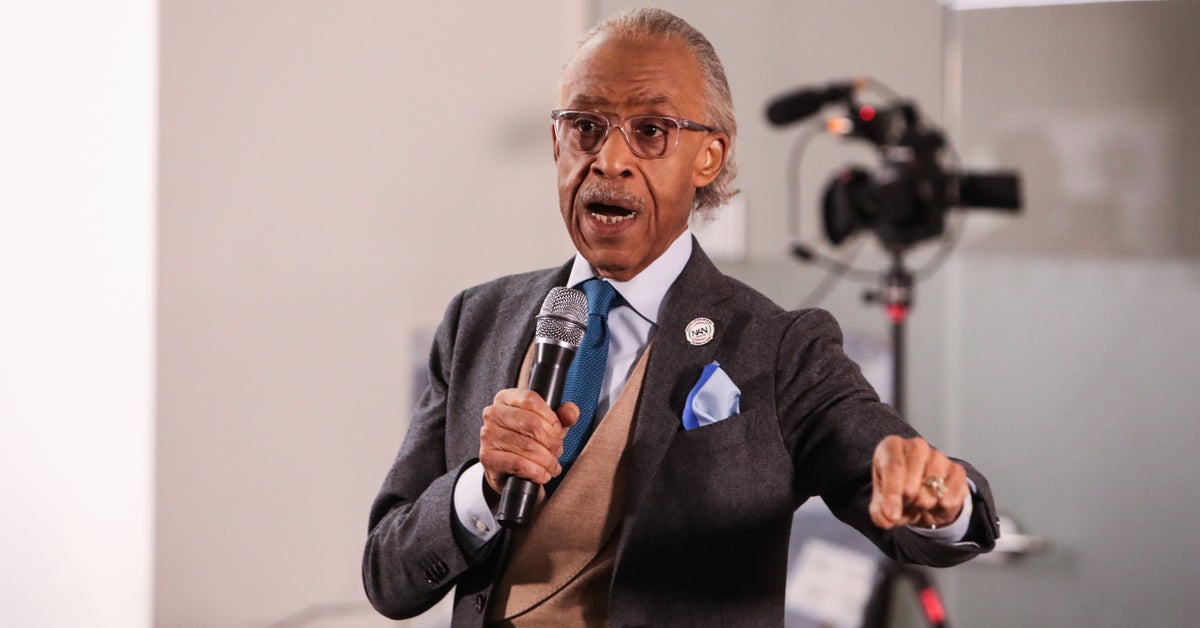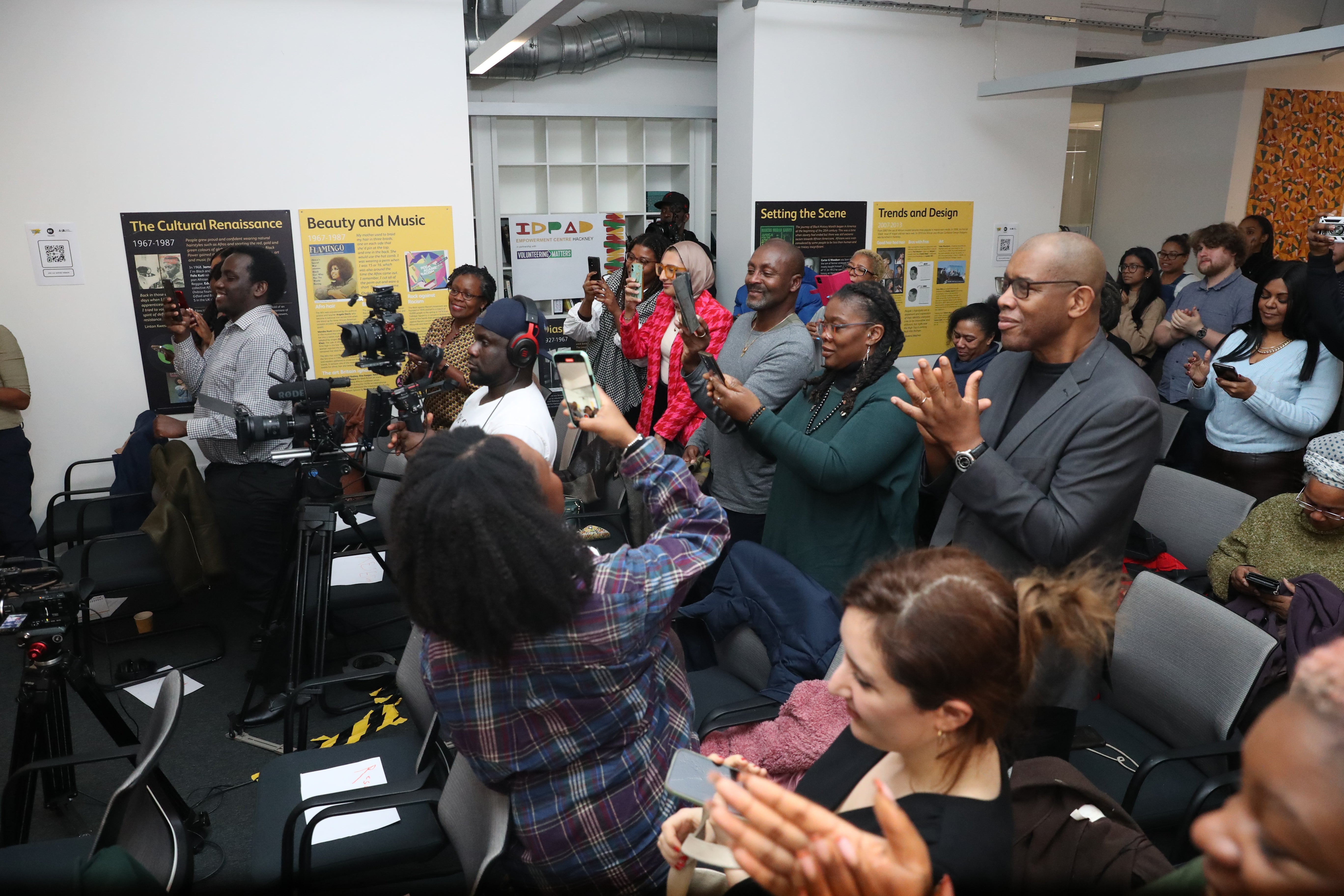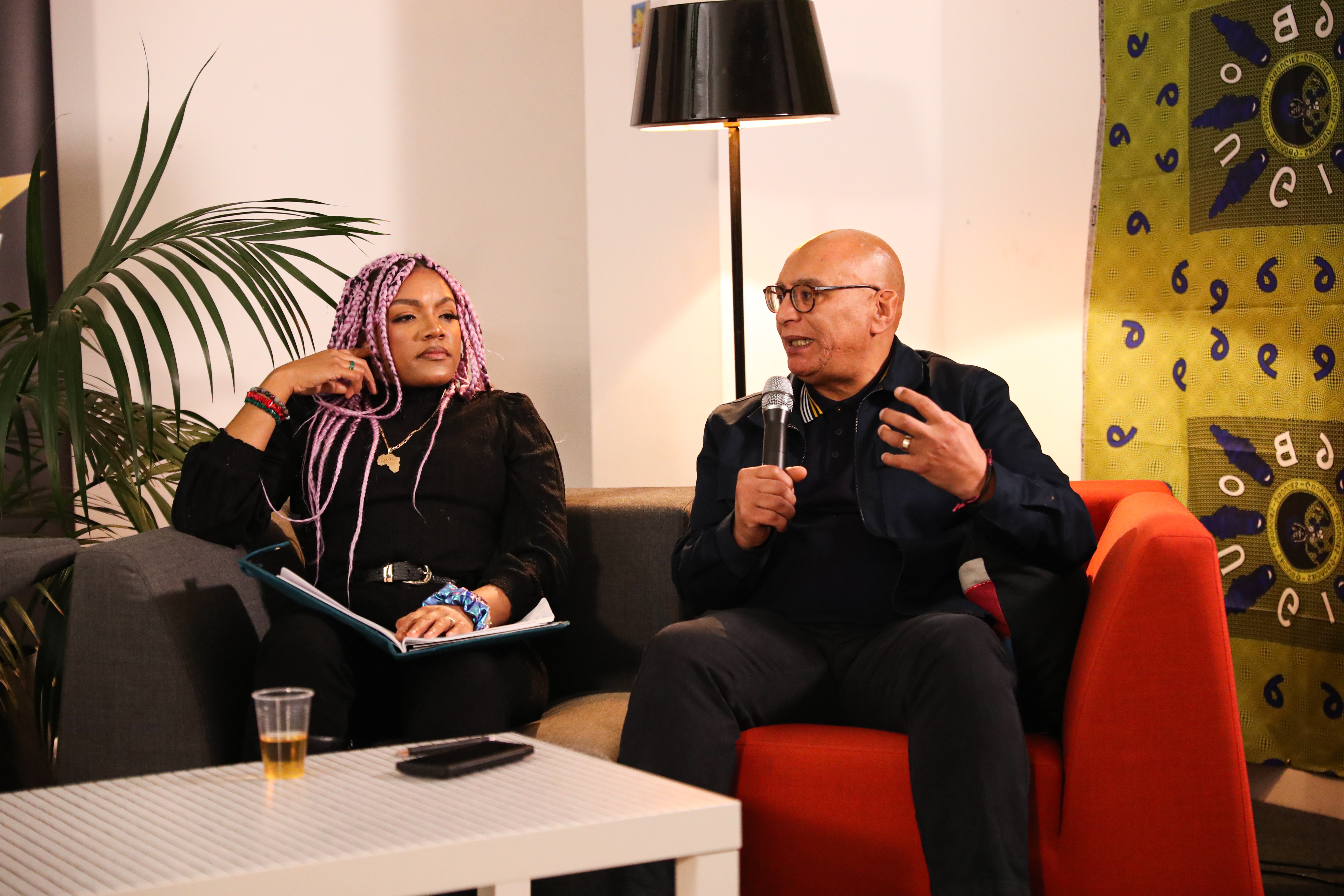
Reverend Al Sharpton has cautioned the UK against getting too comfortable in the fight for racial equality.
The renowned civil rights leader visited London to meet with Black activists, promote the UK’s biggest Black voter registration drive and meet with grassroots activists.
His remarks come as the government took aim at a recent report by the United Nations which found that systemic racism is eroding the rights of Black people, boasting about the UK’s “hard-earned global reputation” as “an open, tolerant and welcoming country”.
“It’s an undeserved self-congratulation,” Reverend Sharpton, 68, told The Independent. “For example, Black people are still stopped and searched disproportionately in the UK; Black people are still not in the higher levels of education to the degree that they should be.
“I spoke at Cambridge University today and it wasn’t until a couple of years ago that there were no Blacks at all in some of those colleges.”
Referring to comparisons made between police brutality in the US and UK, with the suggestion that Black people fare better in the UK as a “more tolerant” country, the reverend likened the ongoing oppression of minorities to a pervasive sickness.

”Comparing yourself to something worse, while trying to proclaim yourself as well, is futile. It’s like if I was in the hospital suffering from a disease alongside someone else; but I say ‘I’m not as bad as him’ despite not being well myself!
“In assessing the truth of race relations, Black people should be compared to whites in society. Why are white people still treated better by the criminal justice system, education system and health system? Don’t compare Black people to worse - the plight of Black people in other countries - compare us to what we could be at our best.”
During his UK trip, the reverend also hosted a private screening of his biographical documentary, ‘Loudmouth’, in London, with a Q&A session with Lord Simon Woolley.
Executive produced by R&B singer John Legend, the film chronicles Reverend Sharpton’s life spanning more than five decades as an activist and religious leader during major points in the civil rights movement including the 1986 lynching of three Black men in Howard Beach, New York, and the 2020 murder of George Floyd.
On Tuesday evening, Reverend Sharpton’s visit culminated in him meeting Black activists from across the country in an event organised by the Black Equity Organisation, a newly launched UK civil rights organisation, in partnership with the Alliance for Police Accountability, and the Advocacy Academy.
The event took place in Hackney, East London, on Tuesday and featured addresses from activists Athian Akec, Lee Jasper, Chantelle Lunt and more.

Following the wave of anti-racism protests that took place following George Floyd’s murder in 2020, many people felt a sense of optimism; as though systemic racism may yet be dismantled and things would change for the better.
Almost three years later, more Black people have died at the hands of police officers across the UK and US, from Chris Kaba to Tyre Nichols.
“They were right to feel the optimism as long as it was realistic optimism,” Reverend Sharpton told The Independent. “Movements go through peaks and valleys; hope showed that there was fertile ground there.
“Now you have to work the ground and plough it; legislation and policies don’t change overnight. There has to be a continuation sometimes over a generation.
“It’s not about putting a timetable on liberation or equality; it’s about the determination that ‘I’m not going to live any other way: therefore, if see inequality in a year or if I see it in five years, I’m gonna fight when I see it’.
“I have no desire to live under any circumstances that’s uneven, and therefore will fight every day until it’s even. If I die first, then I will but as long as I live, I’m going to be fighting.”
Last week, Reverend Sharpton delivered a rousing speech at the funeral of Tyre Nichols in which he compared the Memphis police officers who fatally beat the 29-year-old to death to a group of gang members.







